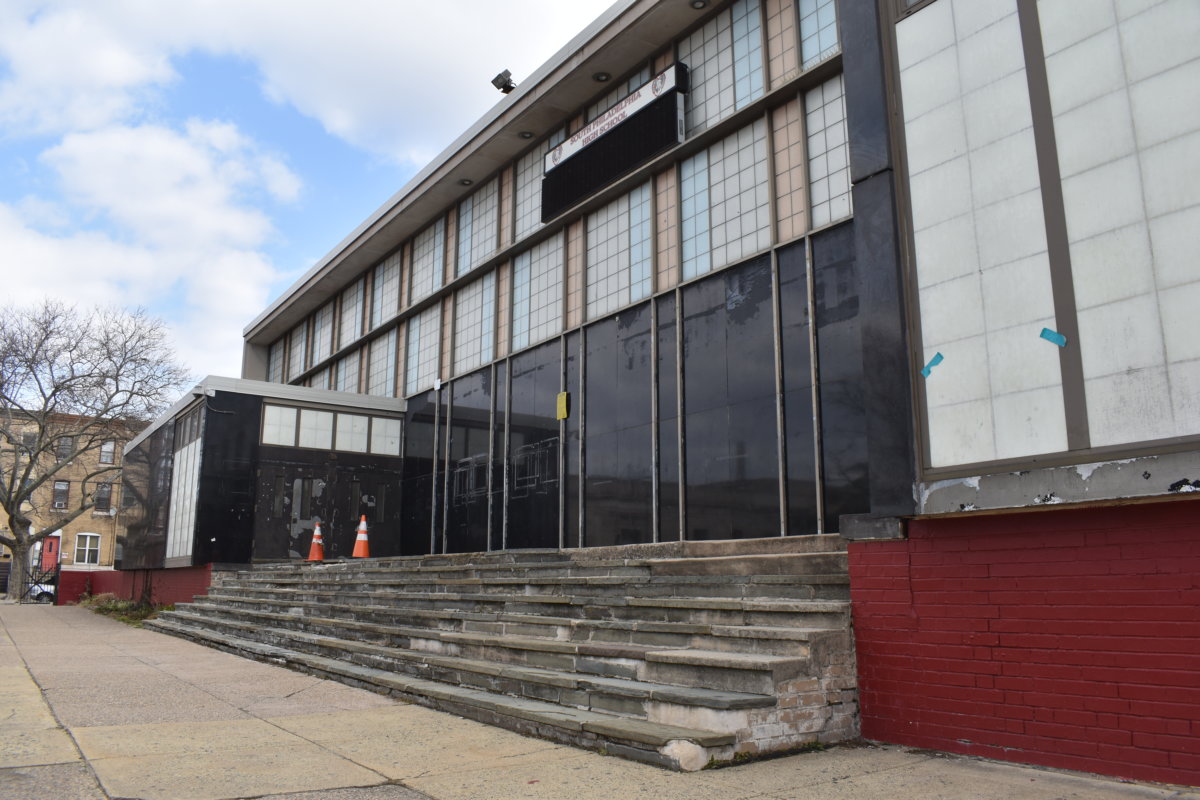CIUDAD JUAREZ, Mexico – Neighbours mopped blood from the sidewalk outside a drug rehabilitation centre Thursday, cleaning up the carnage after gunmen lined up patients against a wall and then riddled them with bullets, killing 18.
It was the third attack on a drug treatment centre in Ciudad Juarez. Chihuahua state authorities said Thursday they were investigating reports that the centres have turned into hideouts for drug smugglers being sought by police and hit men from rival gangs.
Public Safety Secretary Genaro Garcia Luna, Mexico’s top law enforcement official, said rehab clinics were also being used as recruiting and training centres by drug cartels.
He told The Associated Press in an exclusive interview that a recently detained drug suspect belonging to the La Familia cartel oversaw various private, non-profit drug rehab centres across western Michoacan state. The suspect Rafael Cedeno claimed to have trained 9,000 recruits for the cartel in 2008.
“We’re checking to see if there is a link with what we’ve found (in Michoacan),” Garcia Luna said.
Garcia Luna said in Michoacan, Cedeno’s rehab centres held retreats to train members, and if addicts did not co-operate, they were executed. He said the La Familia gang preferred recovered addicts because they were less likely to touch the drug loads.
Mexico’s burgeoning drug trade has fed a growing drug abuse problem, particularly in border cities where gangs have a heavy presence. Scores of rehabilitation centres have opened their doors in recent years, some out of the homes of recovered drug addicts with checkered pasts.
Most of the centres are not guarded or regulated.
Patricia Gonzalez, the prosecutor of Chihuahua state, where Ciudad Juarez is located, said Thursday that the centres have become hide-outs from police or rival gang members.
Bloody footprints tracked from the door of the humble cinderblock Aliviane centre remained on Thursday, as federal police and soldiers stood guard. El Paso can be seen just across the U.S. border.
At 7:15 p.m. Wednesday, about eight gunmen broke down a door at the centre, lined their victims against a wall and shot them dead, authorities said. Gonzalez said one man died Thursday and another remained hospitalized.
Little information about the victims was available. Sobbing mothers and wives gathered outside the prosecutors’ offices to demand answers and find out whether their loved ones were among the dead.
Elisabeth Quintero, 32, said she lost her son, 16; her younger brother, 28; and her cousin, 21. Another woman gently braided her hair, comforting her outside the Chihuahua state prosecutor’s office.
“They have said nothing,” Quintero said. “Just that somebody killed them.”
Quintero declined to give details about her relatives’ addiction problems, saying only that the men checked in to straighten themselves out. She called her teenage son “delinquent.”
Jaime Valle was at a loss as to why his 17-year-old son, Jaime Saul Perez, was gunned down just as he was trying to turn his life around by seeking help for marijuana abuse.
He said his son had never been in trouble, except for smoking pot, and had been expected to finish his treatment and return home this weekend.
“I want justice!” Valle yelled. “Kill those ungrateful dogs that are going around killing innocent people. Justice! I want justice!”
Ciudad Juarez, Mexico’s deadliest city, has seen the worst of the nation’s drug violence with more than 1,300 deaths this year. The bloodshed has continued despite a buildup in troops since March.
The city is home to the Juarez cartel, which has been fighting other drug gangs for lucrative drug routes into the United States.
In June, five men were killed in an attack at another rehabilitation centre, while 50 patients scrambled over a back fence to escape. In August 2008, gunmen barged into a pastor’s sermon at a rehabilitation centre and opened fire, killing eight people. Authorities have yet to say whether the attacks are related.
The site of Wednesday’s attack, Aliviane, is not affiliated with the similarly named U.S. non-profit Alivane Inc., which has 13 clinics in Texas.
A spokesman for the U.S. organization said it was contacted several years ago by people in Ciudad Juarez who wanted to use its operation as a model for a similar program, and that Alivane Inc. contributed beds, fans and other materials to help it get started.
The spokesman asked that he not be identified because of concerns about his own safety, adding that his organization was “very sorry for the unfortunate incident” which took place just a few miles from its own headquarters in El Paso.
He said security was being strengthened at the U.S. rehabilitation clinics.
–
Associated Press writers Martha Mendoza and E. Eduardo Castillo contributed to this report from Mexico City.
















